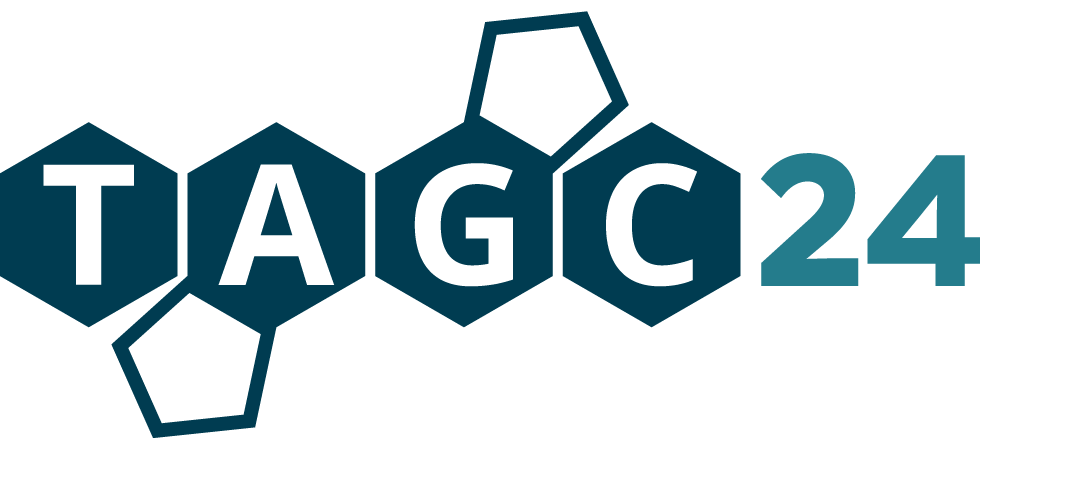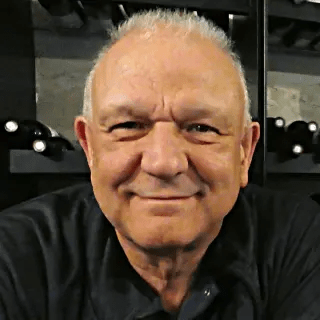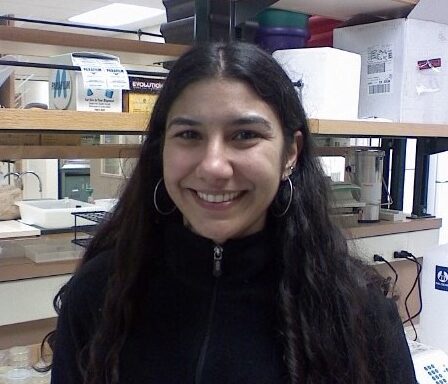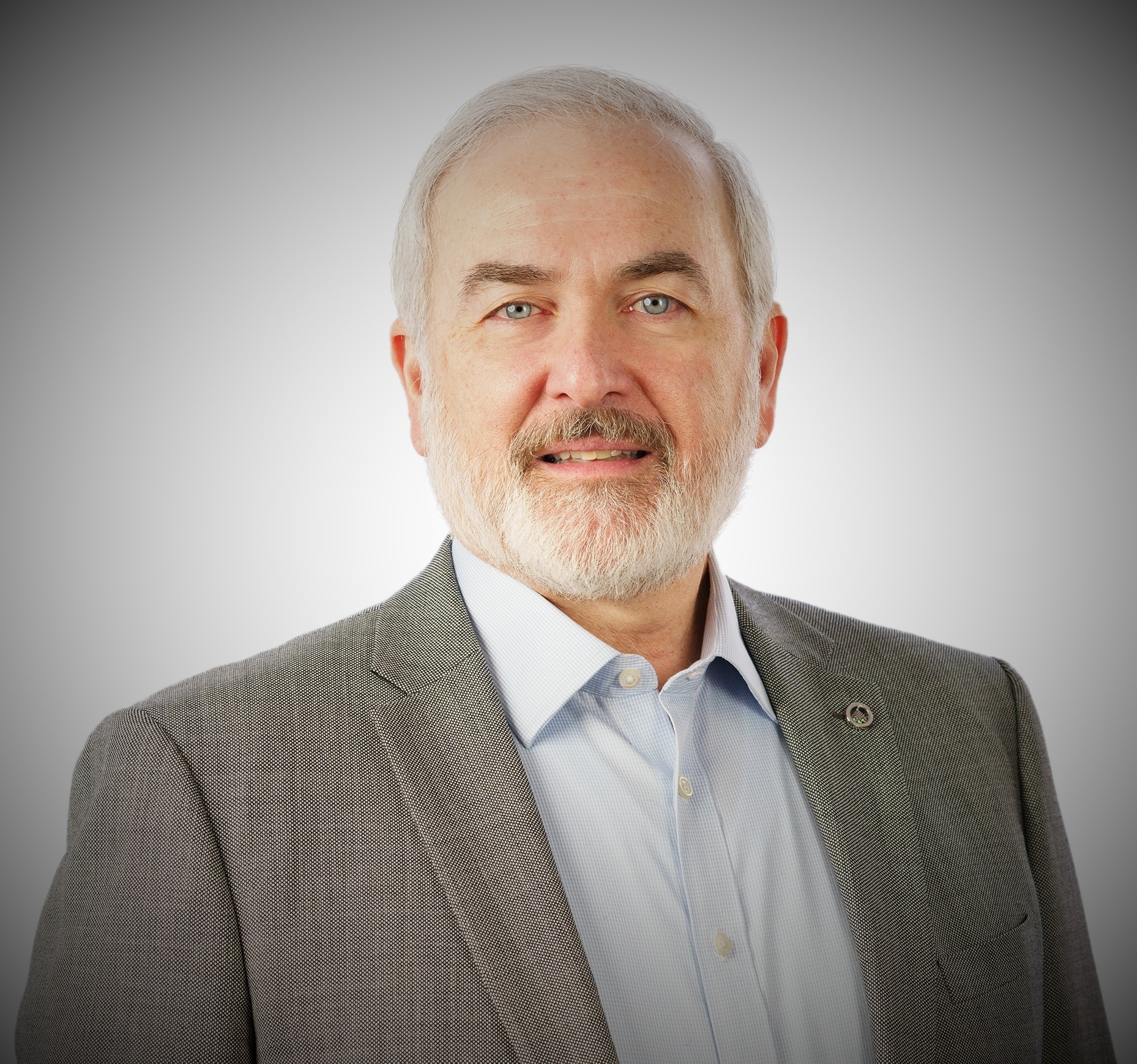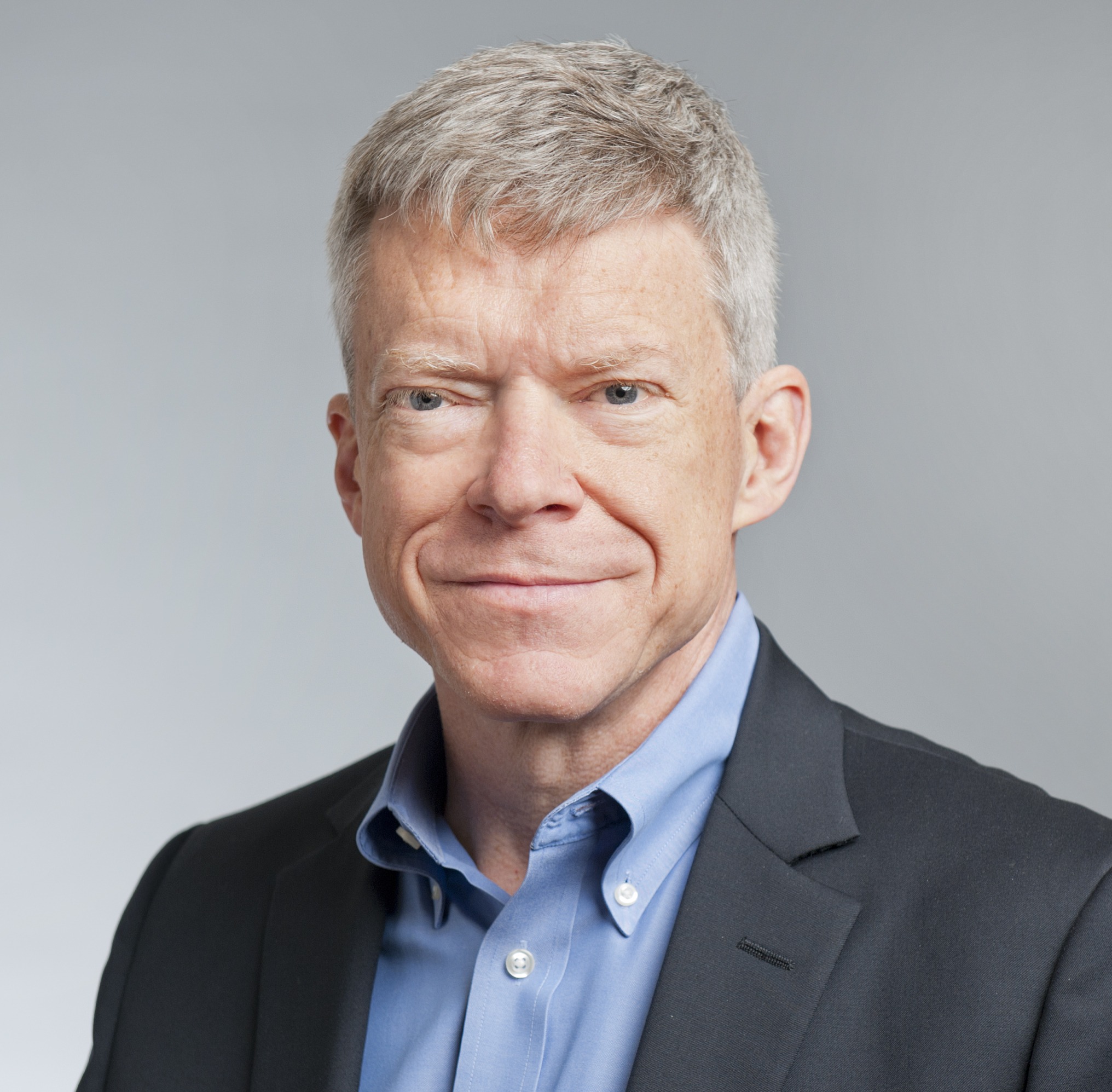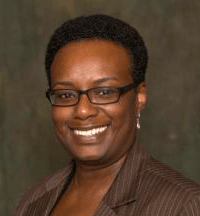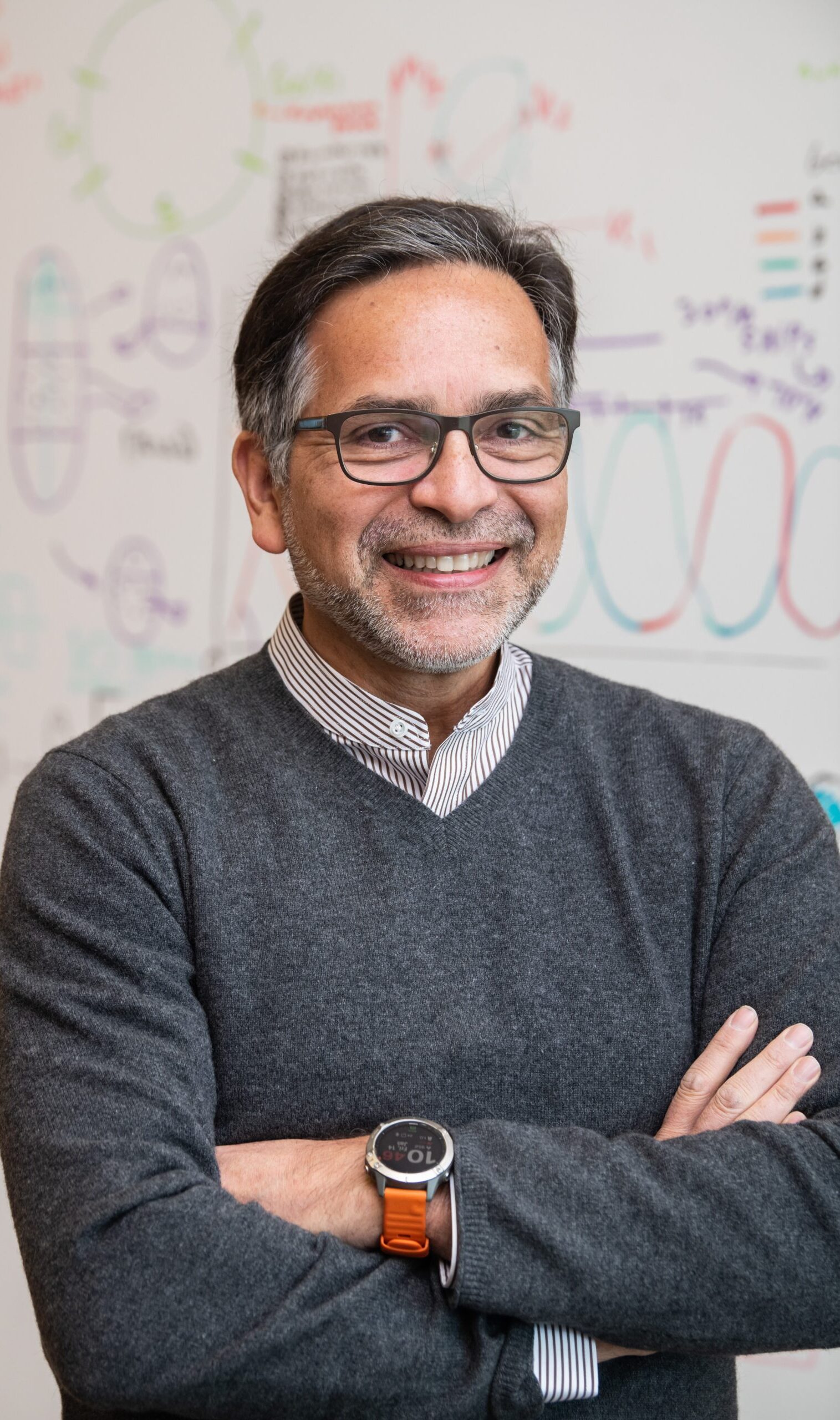Hugo J. Bellen
2024 Gruber Genetics Prize Lecture
One of the world’s premier researchers in Drosophila genetics, Hugo Bellen’s group has made major contributions to our understanding of nervous system development, synaptic transmission and mechanisms of neurodgeneration. As the head of the Drosophila Gene Disruption Project, his laboratory has developed numerous sophisticated genetic tools and generated tens of thousands of reagents that have transformed Drosophila biology. Bellen is a member of the National Academy of Science, the US Academy of Arts and Sciences, and the EMBO. He was an HHMI investigator from 1989 to 2021. Bellen is also a celebrated mentor, having taught—and inspired—a generation of geneticists, many of whom are internationally known scientists.
